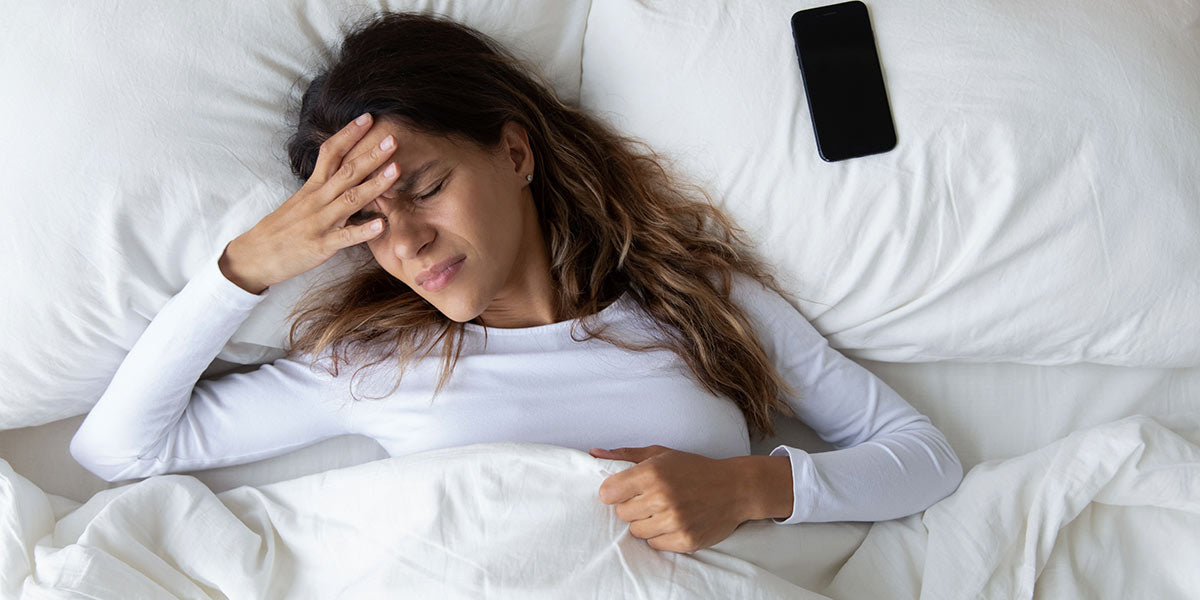The medical term (of Norwegian origin) for a hangover is ‘veisalgia’, which, fittingly, means “uneasiness following debauchery” and “pain”.
The pounding headache and restlessness of a hangover – the price that’s paid for drinking copious amounts of alcohol – can sometimes be terrible enough to interrupt our schedule. With this article, though, we hope to help you reduce its severity.
Here are a few ways to help cure a hangover and/or avoid getting one in the first place!
But First…What Happens During a Hangover?
Ever wonder why our bladders seem to fill up so much faster after drinking alcohol? It’s because, technically, they do.

Alcohol is a diuretic, i.e., it makes us lose water. Here’s what this really means though:
One of the effects of alcohol entering our bloodstream is that it inhibits the release of vasopressin, a hormone that causes the kidneys to retain fluid by sending signals to them. Without this hormone, our kidneys tend to send water straight to the bladder – as opposed to the water getting reabsorbed back into the blood. As a result, alcohol causes increased urine and fluid loss. The resulting mild dehydration is likely to contribute to hangover symptoms like thirst, lethargy, and a headache [1].
In addition to that, when we are dehydrated, the volume of plasma in the blood vessels inside our brain decreases (since water is one of its major components) [2, 3]. This temporary change is believed to be a reason for the headache as well [4].
Frequent urination also results in low levels of electrolytes (such as sodium, potassium, and chloride - the significant electrolytes, along with magnesium and calcium) in our body, leading to headaches, fatigue and nausea. These minerals are also necessary for proper nerve, muscle and cell function, which get impaired [5, 6, 7].
Our cell function is also affected by a somewhat toxic substance called acetaldehyde that’s produced in our body when we drink alcohol. A large accumulation of acetaldehyde in the blood leads to a pattern of uncomfortable effects such as increasing skin temperature and facial flushing, dropping blood pressure, nausea, headache, and palpitations [8].

Aside from its toxicity, some experts believe that acetaldehyde is to blame for some of the behavioural and physiological consequences like incoordination, memory loss, and tiredness, all of which are common side effects of alcohol [9, 10].
Having said that, some people have enzymes that can break down alcohol faster than others, which means they are less prone to these symptoms and a hangover.
Now, here’s where the good news starts: apart from the earlier mentioned and most obvious solution of drinking more water, there are a few ways to reduce the intensity of hangovers:
1] Choose the booze wisely
All types of alcohol aren’t equal – some can play a bigger role in hangovers than others.
When alcohol is produced it also contains some by-products called ‘congeners’. The presence of congeners is associated with hangover symptoms; for instance, methanol, a type of congener, is converted to a toxic compound called formaldehyde that interferes with our cell activities [16].
Scotch whiskey, bourbon, cognac, and tequila are generally higher in congeners than colourless drinks like vodka, gin and rum. That said, the more alcohol is distilled, the more these substances are filtered out, thus improving the quality of the alcohol. [17, 18].
2] Drink slowly

Our body can digest only a certain amount of alcohol every hour so when we drink a lot of alcohol in a short span of time, undigested alcohol may enter our bloodstream. This can enhance hangover symptoms.
Try having a 'spacer' or a non-alcoholic drink every second or third drink. You will drink much faster if you are thirsty, so it’s ideal to start with a non-alcoholic drink [19].
3] Avoid energy drinks and carbonated beverages as mixers
Energy drinks contain caffeine, which is also a diuretic and adds to the dehydration caused by alcohol. Carbonated drinks, on the other hand, may lead to faster absorption of alcohol by the body - this can increase alcohol levels in the blood, which, in turn, may increase hangover symptoms and duration.
Furthermore, a study showed that young drinkers who mixed alcohol with energy drinks were ten times more likely to binge drink at a high intensity (i.e., consume 6 or more drinks per binge episode) than drinkers who did not mix alcohol with energy drinks. So, using them as mixers can lead you to drink more than usual [20, 21, 22].
4] Eat before drinking

Although food may not help a hangover, it can reduce its severity if consumed before drinking. The presence of food in the stomach slows down gastric emptying and thus will reduce the absorption of alcohol. A filling meal may also help avoid the low blood sugar levels, which is the reason behind a few symptoms of a hangover (like weakness) and contributes to the headache [15].
5] Load up on micronutrients

Frequent urination (and/or vomiting) may cause a loss of B-vitamins and electrolytes from the body - this can add to the severity of a hangover. Loading up on micronutrients before drinking or replenishing them post the drinking session can help ease the symptoms. These nutrients can be found in everyday foods. A meal that includes eggs (for its nutrients), a banana (for the potassium), and even a fresh lime juice (for the electrolytes, sugars and salts) can lessen the discomfort.
Although the research is limited, some studies have found that certain supplements containing red ginseng, prickly pear and N-acetyl cysteine may help as well [23, 24, 25].
6] Have a Probiotic

The friendly bacteria that live in your gut do so much more than help with digestion; they control a lot of aspects of our body’s functioning as well as our mental health (you can read more about this here).
A large number of bacterial populations get killed off due to excess alcohol. They can be recovered with the help of probiotic foods (like yoghurt), which have live bacterial cultures that can repopulate our gut [26].
No matter what you do, the body still has to clean up all the toxic by-products left over from the previous night. Drinking in moderation is ideal, but if you experience hangovers, these simple fixes may help you on the road to recovery!




Leave a comment